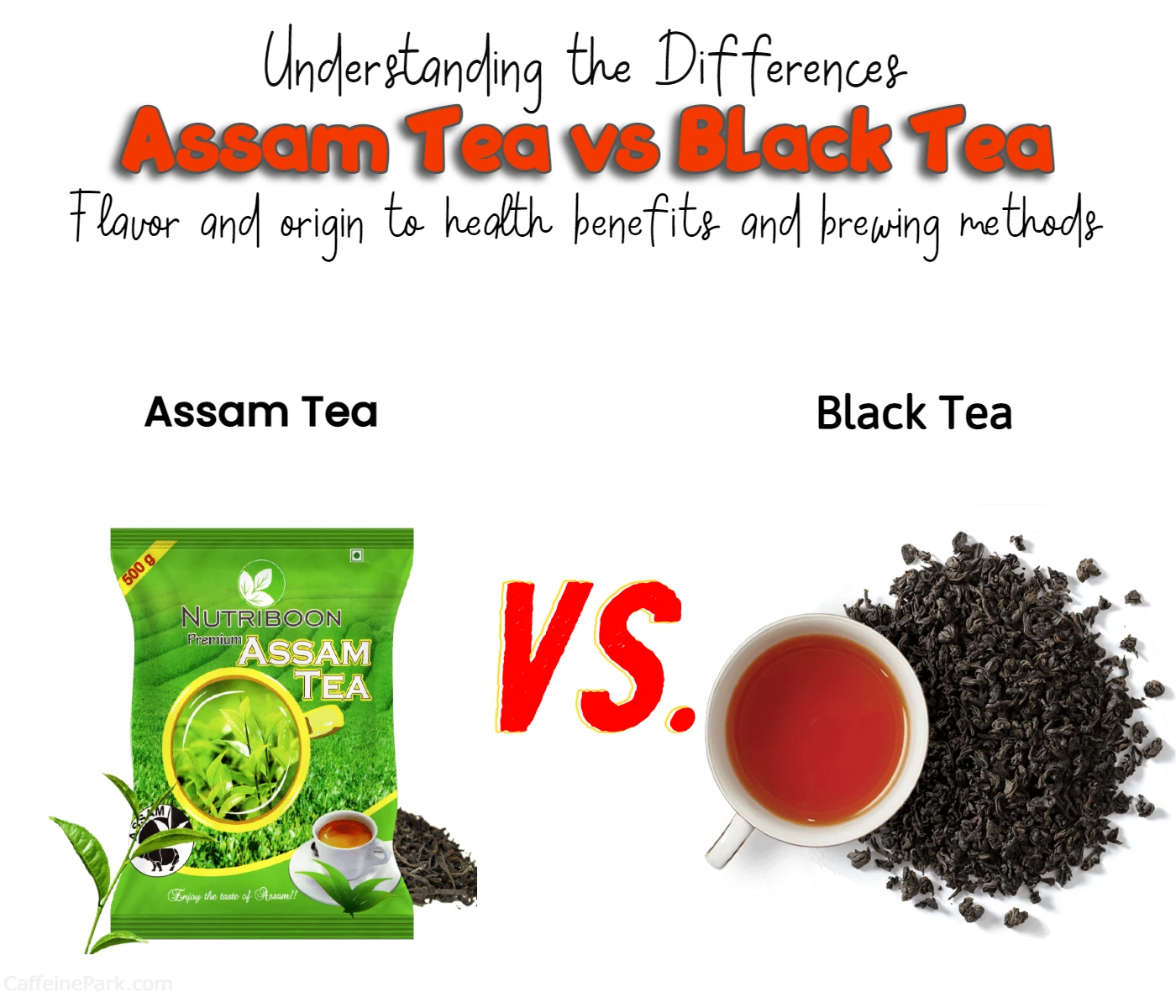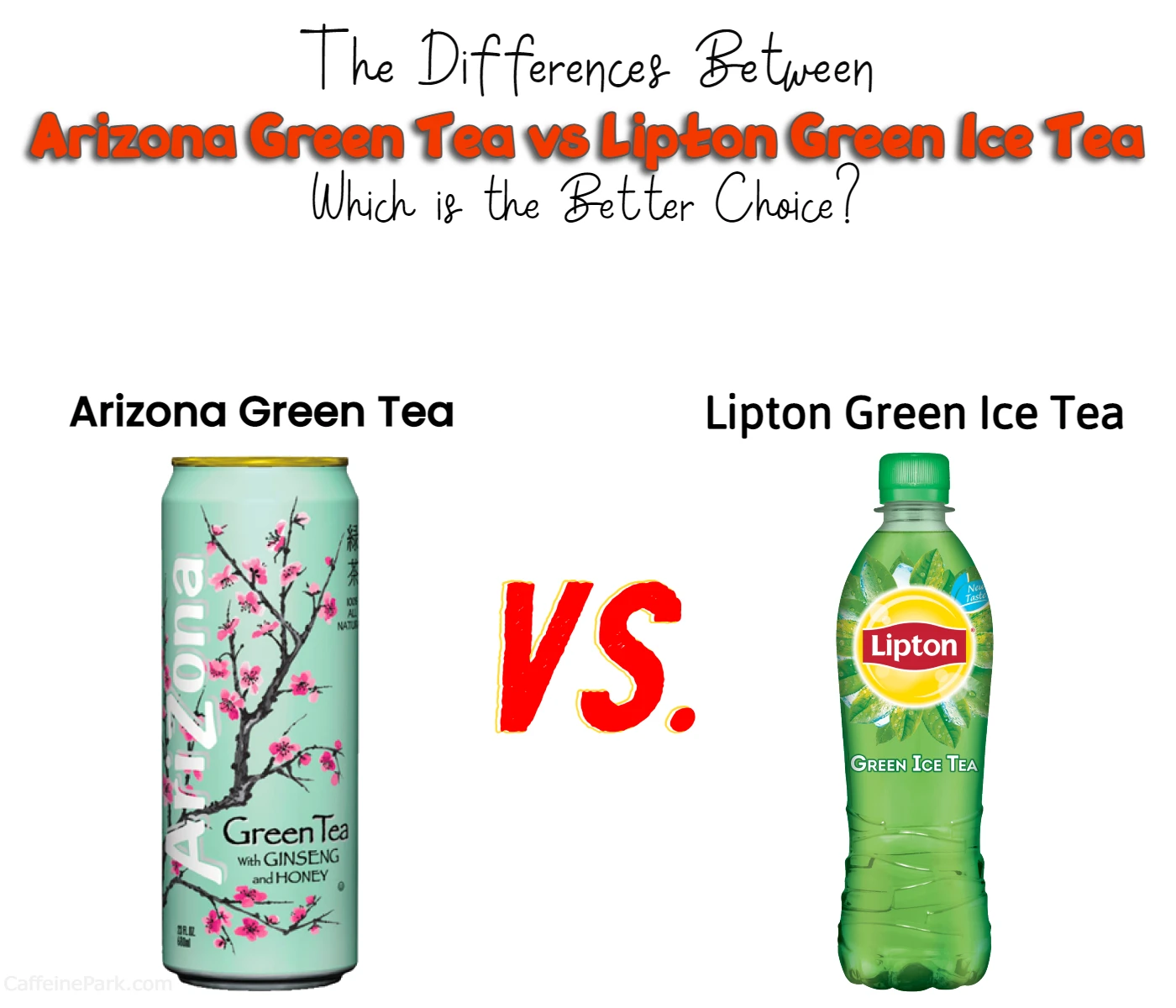
Hey there, fellow tea enthusiasts! Are you curious about the differences between Assam tea and black tea? Well, you’re in luck because we’re about to dive into the unique characteristics of these two beloved beverages.
Assam tea is a type of black tea that is grown exclusively in the Assam region of India. It has a rich, malty flavor with a brisk taste that sets it apart from other black teas. On the other hand, black tea is a more general category of tea that includes a wide range of flavors and origins. Black tea is more oxidized than green, oolong, and white teas, giving it a bold, strong flavor that many people love.
When it comes to health benefits, both black tea and Assam tea are rich in antioxidants, which can help to reduce the risk of chronic diseases such as heart disease and cancer. Black tea is also known to help lower blood pressure and improve cholesterol levels, while Assam tea is believed to improve digestion, boost the immune system, and reduce the risk of certain types of cancer.
Here’s a quick chart summarizing the differences between black tea and Assam tea:
| Black Tea | Assam Tea | |
|---|---|---|
| Flavor | Bold, strong | Rich, malty with a brisk taste |
| Origin | Grown worldwide | Exclusively grown in the Assam region of India |
| Brewing | Improves digestion, boosts the immune system, and reduces risk of certain types of cancer | Similar method |
| Health Benefits | Rich in antioxidants, helps lower blood pressure and improve cholesterol levels | Improves digestion, boosts the immune system, and reduces the risk of certain types of cancer |
| Preference | If you prefer a strong, bold flavor | If you want to try something with a more complex flavor profile |
Differences between Assam tea and black tea
Origins of Black Tea and Assam Tea
Black tea is a type of tea that is more oxidized than green, oolong, and white teas. It is produced mainly in China, India, Sri Lanka, and Africa. The history of black tea dates back to the 17th century, when it was first introduced to the Western world by Dutch traders. Today, black tea is one of the most popular types of tea in the world.
Assam tea, on the other hand, is a type of black tea that is exclusively grown in the Assam region of India. The Assam region is known for its humid and hot climate, which is ideal for growing tea. The history of Assam tea dates back to the early 19th century, when the British discovered that the region’s soil and climate were perfect for growing tea. Today, Assam tea is known for its rich, malty flavor and is a popular choice among tea drinkers.
Flavors of Black Tea and Assam Tea
Black tea has a bold and strong flavor that is often described as full-bodied and robust. It has a deep, rich aroma and a slightly sweet taste. Black tea is often consumed with milk and sugar to balance out its strong flavor.
Assam tea, on the other hand, has a more complex flavor profile. It is known for its rich, malty taste with a hint of astringency. Assam tea is often described as having a brisk flavor, which means it has a lively and refreshing taste. It is also consumed with milk and sugar, although some tea drinkers prefer to drink it without any additives.
Health Benefits of Black Tea and Assam Tea
Both black tea and Assam tea are rich in antioxidants, which can help to reduce the risk of chronic diseases such as heart disease and cancer. Black tea is also known to help lower blood pressure and improve cholesterol levels.
Assam tea, on the other hand, is believed to have several health benefits. It is known to improve digestion, boost the immune system, and reduce the risk of certain types of cancer. Assam tea is also high in caffeine, which can help to improve mental alertness and reduce fatigue.
Brewing Black Tea and Assam Tea
To brew black tea, you will need loose tea leaves or tea bags, hot water, and a teapot or a cup. The water temperature should be around 95°C (203°F), and the tea should be steeped for 3-5 minutes. You can adjust the steeping time depending on how strong you like your tea.
To brew Assam tea, you will need the same ingredients as black tea. However, the water temperature should be slightly higher, around 100°C (212°F), and the tea should be steeped for 3-5 minutes. Assam tea can also be brewed using the “British method,” which involves brewing the tea for a longer time and serving it with milk and sugar.
Conclusion
In conclusion, while black tea and Assam tea may appear to be similar, there are several differences between the two. Black tea is a type of tea that is more oxidized than other teas and has a bold, strong flavor. Assam tea, on the other hand, is a type of black tea that is exclusively grown in the Assam region of India and has a rich
malty flavor with a brisk taste. Both teas have their unique health benefits, and they can be brewed in a similar way, but Assam tea requires a slightly higher water temperature.
Ultimately, the choice between black tea and Assam tea comes down to personal preference. If you prefer a strong, bold flavor, black tea may be the way to go. However, if you want to try something with a more complex flavor profile, Assam tea is a great option. Whether you drink it with milk and sugar or prefer it straight, both black tea and Assam tea are delicious and healthy beverages that are worth exploring.
Alternatives
If you’re looking to try something new beyond black tea and Assam tea, there are plenty of other delicious tea options to explore. Here are a few alternatives that you might enjoy:
- Green Tea: Green tea is a popular alternative to black tea, known for its light, delicate flavor and high antioxidant content. It is made from unoxidized tea leaves and is often enjoyed without milk or a sweetener.
- White Tea: Like green tea, white tea is made from unoxidized tea leaves. It has a delicate, slightly sweet flavor and is known for its high levels of antioxidants.
- Oolong Tea: Oolong tea is a partially oxidized tea that falls somewhere between green tea and black tea in terms of flavor and color. It has a complex, floral flavor that is often described as earthy or nutty.
- Herbal Tea: Herbal teas are not actually made from tea leaves, but rather from a variety of dried herbs, fruits, and flowers. There are countless varieties of herbal tea, each with its own unique flavor and health benefits.
- Chai Tea: Chai tea is a spiced tea that originated in India. It is made from black tea, milk, and a blend of aromatic spices such as cinnamon, cardamom, and cloves.
No matter which type of tea you choose, there are plenty of delicious options to explore beyond black tea and Assam tea. So why not branch out and try something new? You never know – you might discover your new favorite beverage!
FAQs
Black tea is a general category of tea that is more oxidized than green, oolong, and white teas, giving it a bold, strong flavor. Assam tea is a type of black tea that is grown exclusively in the Assam region of India and is known for its rich, malty flavor with a brisk taste.
Yes, both black tea and Assam tea are rich in antioxidants, which can help to reduce the risk of chronic diseases such as heart disease and cancer. Black tea is also known to help lower blood pressure and improve cholesterol levels, while Assam tea is believed to improve digestion, boost the immune system, and reduce the risk of certain types of cancer.
Both black tea and Assam tea can be brewed in a similar way. Bring water to a boil and pour it over tea leaves in a teapot or mug. Steep for 3-5 minutes, depending on the desired strength of the tea. Black tea can be enjoyed with milk and sugar, while Assam tea is traditionally served without milk but can be enjoyed with a slice of lemon or a small amount of sugar.
Some alternatives to black tea and Assam tea include green tea, white tea, oolong tea, herbal tea, and chai tea. These teas have their unique flavor profiles and health benefits, making them worth exploring for tea enthusiasts.
Read More:





